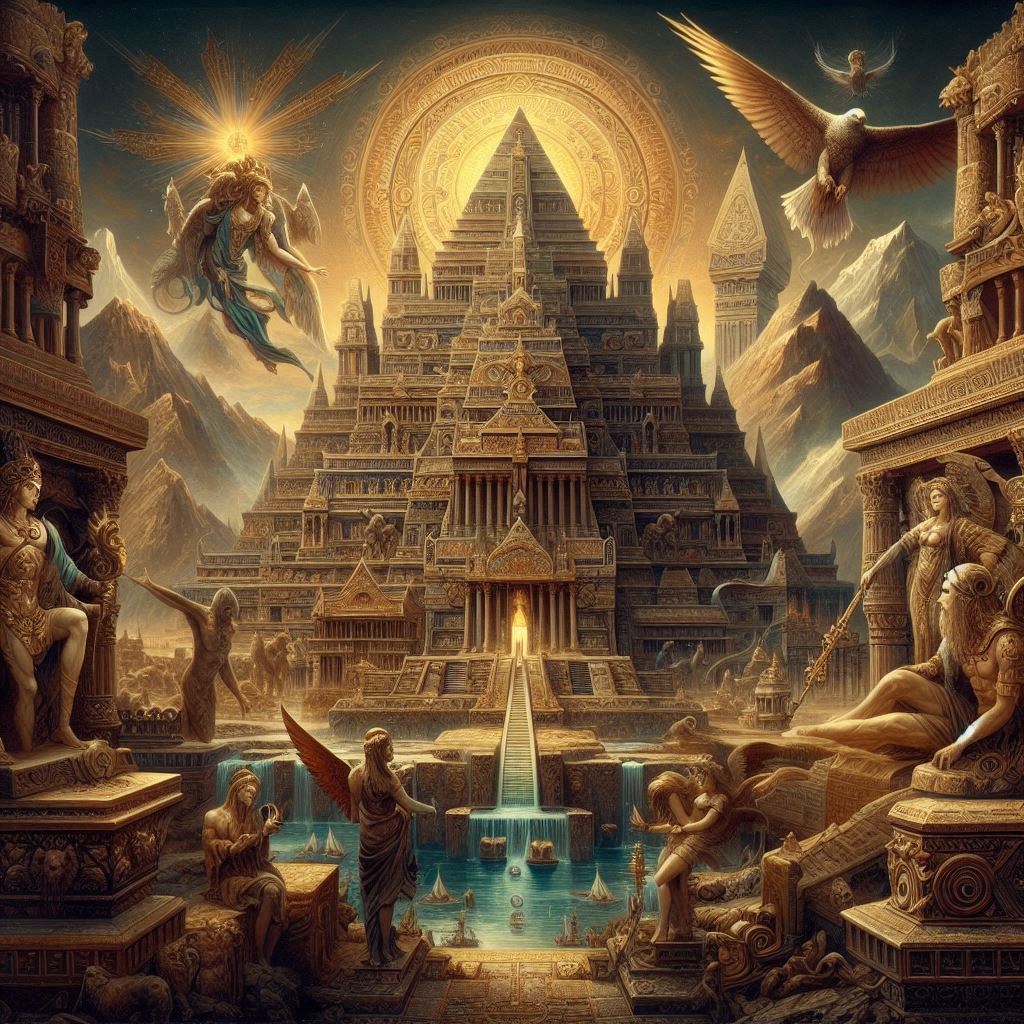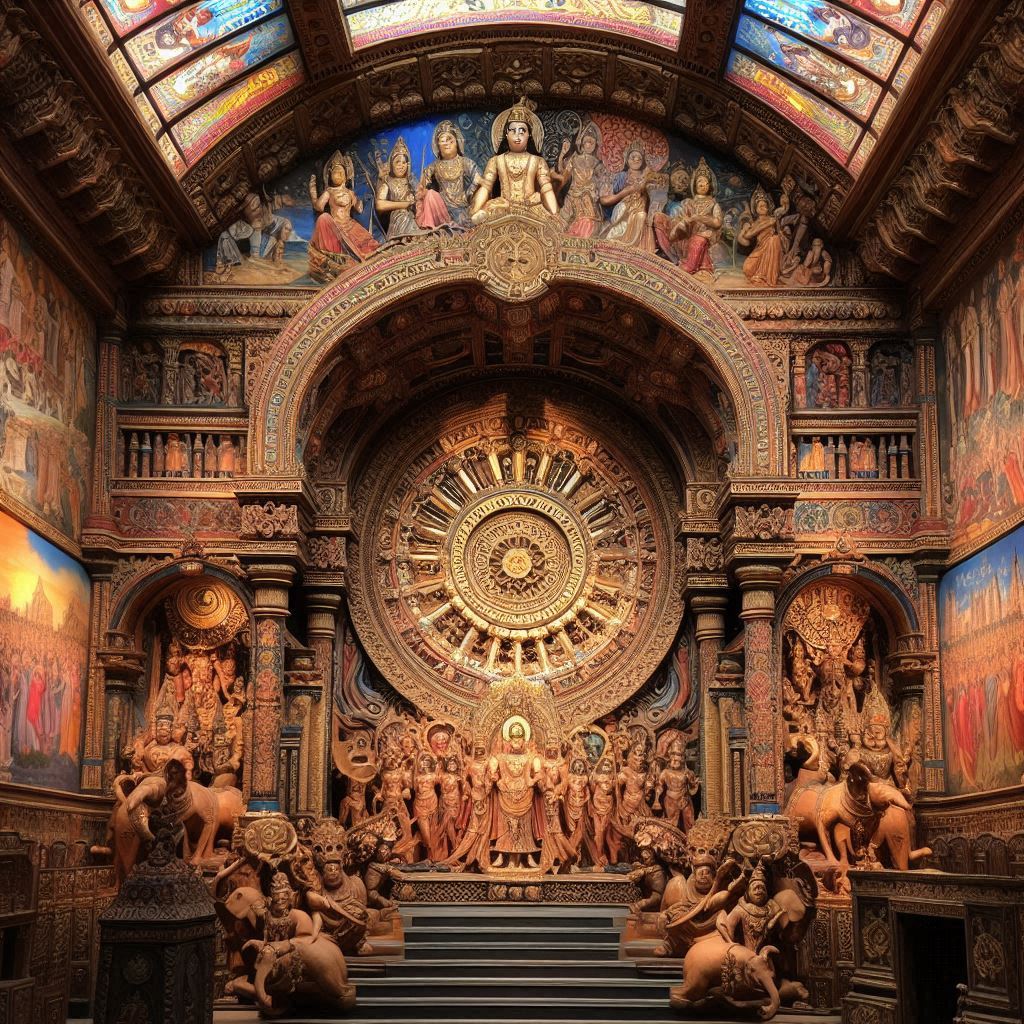Ancient art transcends mere aesthetics. It serves as a time machine, offering us a glimpse into the cultural, spiritual, and societal fabric of bygone civilizations. Whether it’s the grandiose tomb art of Ancient Egypt or the delicate pottery of the Indus Valley, these artistic expressions reflect humanity’s shared longing for beauty, meaning, and connection. In this exploration of Ancient Artz, we’ll unravel the stories behind some of the world’s most enduring masterpieces and uncover how these relics of the past continue to inspire the present.
1. The Origins of Ancient Art
Cave Paintings and Petroglyphs
Dating back tens of thousands of years, the earliest examples of art are etched into the walls of caves, like those at Lascaux in France. These primitive masterpieces, often depicting animals and human figures, served as both storytelling tools and spiritual symbols.
The Symbolism Behind Early Art
Early art reflected humanity’s connection with nature, hunting, and the divine. Symbols were often used to convey ideas of fertility, survival, and celestial forces.
Related article : If you’re wondering how to use the QY-45Y3-Q8W32 properly, this complete guide covers the setup and maintenance in detail.
2. Mesopotamian Art
The Birthplace of Civilization
Mesopotamia, often referred to as the cradle of civilization, produced art that was both functional and spiritual, such as carved cylinder seals and ziggurat temples.
Sculptures and Temples of Mesopotamia
Statues like the iconic Lamassu guarded temples and palaces, embodying the power and divinity of rulers.
3. Ancient Egyptian Art

Hieroglyphics: Art Through Writing
Hieroglyphics were not just writing but an art form, combining phonetic and symbolic representations to tell stories of gods, kings, and daily life.
The Role of Pharaohs in Art
Pharaohs commissioned grand monuments and sculptures to immortalize their reigns and divine status.
Tomb Art and the Afterlife
Tomb murals depicted the journey to the afterlife, offering clues about Egyptian beliefs and practices.
[Continue reading the full article for detailed explorations of all sections!]
Conclusion: Why Ancient Art Matters Today
Ancient art reminds us of our shared humanity. These masterpieces, created thousands of years ago, reflect enduring themes of beauty, power, and spirituality that continue to resonate today. By studying ancient art, we not only preserve the past but also gain inspiration for the future.
FAQs
- What is ancient art?
Ancient art includes creative works from early civilizations, such as sculptures, murals, pottery, and carvings. - Why is ancient art important?
It provides insights into the cultures, beliefs, and practices of ancient societies. - What are some famous examples of ancient art?
Examples include the Terracotta Warriors of China, the Parthenon sculptures in Greece, and the Mayan murals at Bonampak. - How can we preserve ancient art?
Through advanced conservation techniques, careful handling, and archaeological efforts, ancient art can be preserved for future generations.
Explore more on Ancient Artz and discover the legacy of creativity that continues to shape our world.















